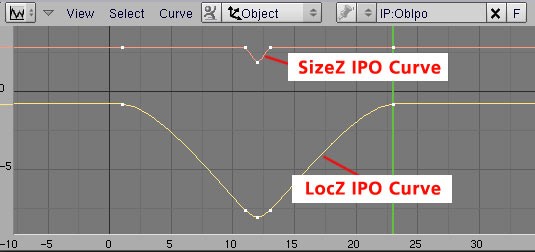IPO Basics Don t Just Jump In
Post on: 16 Март, 2015 No Comment

Let’s say you do get in on an IPO. Here are a few things to look out for.
No History
It’s hard enough to analyze the stock of an established company. An IPO company is even trickier to analyze since there won’t be a lot of historical information. Your main source of data is the red herring, so make sure you examine this document carefully. Look for the usual information, but also pay special attention to the management team and how they plan to use the funds generated from the IPO.
And what about the underwriters? Successful IPOs are typically supported by bigger brokerages that have the ability to promote a new issue well. Be more wary of smaller investment banks because they may be willing to underwrite any company.
The Lock-Up Period
If you look at the charts following many IPOs, you’ll notice that after a few months the stock takes a steep downturn. This is often because of the lock-up period.
When a company goes public, the underwriters make company officials and employees sign a lock-up agreement. Lock-up agreements are legally binding contracts between the underwriters and insiders of the company, prohibiting them from selling any shares of stock for a specified period of time. The period can range anywhere from three to 24 months. Ninety days is the minimum period stated under Rule 144 (SEC law) but the lock-up specified by the underwriters can last much longer. The problem is, when lockups expire all the insiders are permitted to sell their stock. The result is a rush of people trying to sell their stock to realize their profit. This excess supply can put severe downward pressure on the stock price.
Flipping
Flipping is reselling a hot IPO stock in the first few days to earn a quick profit. This isn’t easy to do, and you’ll be strongly discouraged by your brokerage. The reason behind this is that companies want long-term investors who hold their stock, not traders. There are no laws that prevent flipping, but your broker may blacklist you from future offerings — or just smile less when you shake hands.
It’s important to understand that underwriters are salesmen. The whole underwriting process is intentionally hyped up to get as much attention as possible. Since IPOs only happen once for each company, they are often presented as once in a lifetime opportunities. Of course, some IPOs soar high and keep soaring. But many end up selling below their offering prices within the year. Don’t buy a stock only because it’s an IPO — do it because it’s a good investment.














